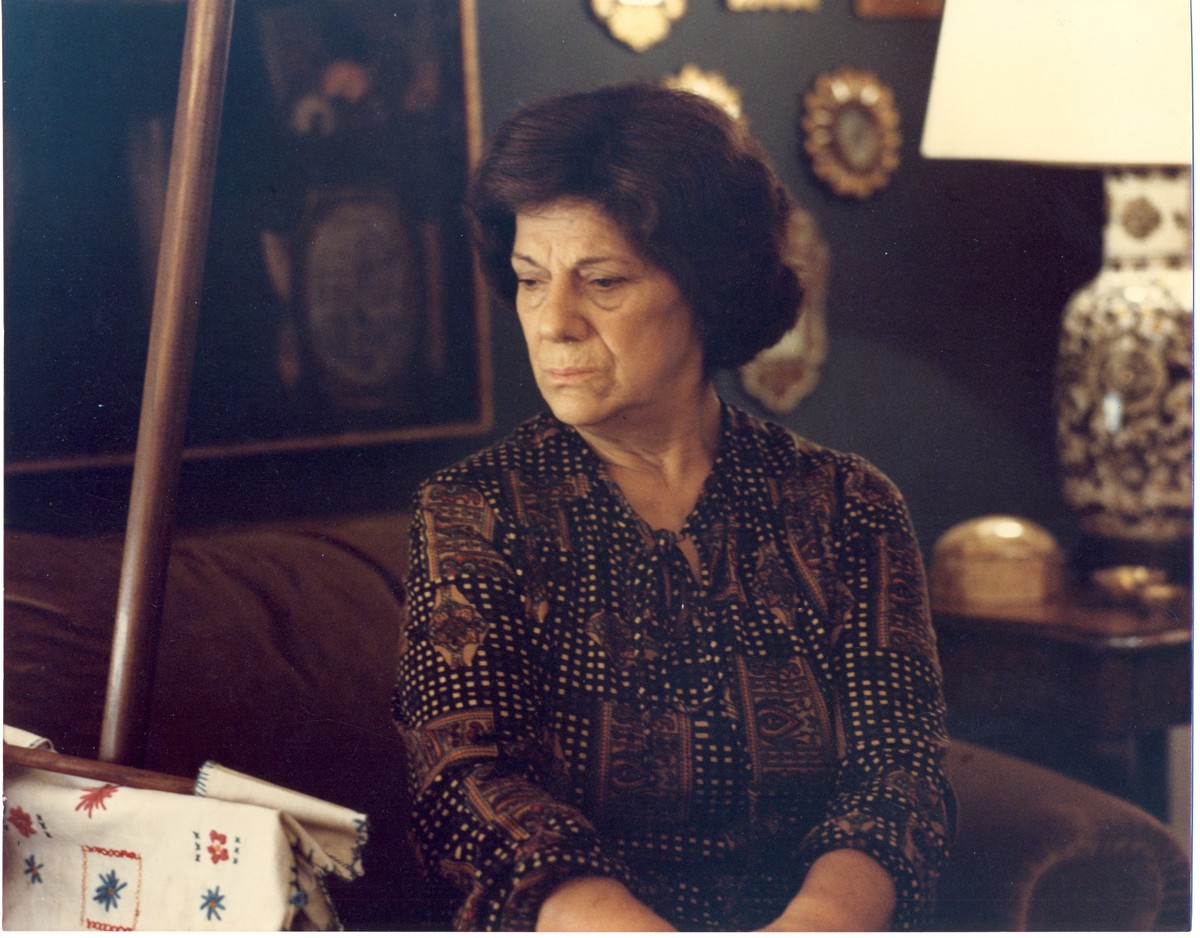La historia oficial

1983. Alicia, the mother of an adopted 5-year-old girl, teaches history in a Buenos Aires high school. Both in her profession and in her private life she has always accepted the "official version," until one day when the regime's façade and that of it surroundings begin to fall to pieces around her. In the crevices of this enormous lie Alicia suspects that Gabi, the girl she has adopted, might be the daughter of a "desaparecido." It is then that she begins a painful and inexorable journey towards truth - a journey in which she might lose everything. All of these individual adventures are part of a dramatic larger one: Argentina itself, a society which, bordering the abyss, tries to reconstruct its future, examining its wounds, recognizing itself in its victims and their executioners.
Festivals & awards
Academy Award, Best Foreign Language Movie





Credits
Would you like to show this movie?
Please fill out our form.
Feel free to contact us
Press voices
«Es sind die Aussagen verfolgter Personen, die erschüttern und spürbar machen, was es bedeutet, denunziert und misshandelt zu werden oder Angehörige durch Verschleppung und Mord zu verlieren. Regisseur Luis Puenzo (…) legt einen ruhigen, perfekt inszenierten Spielfilm vor, der auch ohne spektakuläre Elemente seine Wirkung erzielt und nachdenklich stimmt.» (Georg Fietz, Filmbulletin, 4/1985)
Luis Puenzo gelingt fast so etwas wie ein Brechtsches Lehrstück in der Form eines großen Kino-Melodrams. Sein Film lässt sich Ruhe, das Sujet zu entfalten, sucht das Klischee zu vermeiden und die Wahrheit der Gefühle aus den Verdrängungen herauszuschälen. Er kennt das Bürgertum, das er darstellt; seine Arbeit
ist intim und subtil, von einer paradoxalen Kraft der Darstellung, die es dem Zuschauer nicht einfach macht mit moralischen Zuweisungen. Er hält die Zeit der Verdrängung an, indem er sie mit dem Takt der Erinnerung diskret in erschütternde Schwingungen versetzt. So tritt die gesellschaftliche Wahrheit hervor, und das Kino hat ihr dazu verholfen.
Wolfram Schütte, in: Frankfurter Rundschau, 13.5.1985
«Alicia wird im Film von Norma Aleandro gespielt. (…) Eine Darbietung, die man nicht vergessen wird. (…) In den Schlüsselmomenten des Films beobachten wir Aleandro und erahnen, was sich in ihren Gedanken und ihrem Gewissen abspielen muss. (…) Der Film läuft momentan in Argentinien, wo es für einen Teil der Zuschauer eine schier unerträgliche Kinoerfahrung sein muss. Für mich war es nahezu ebenso schmerzlich.»
Roger Ebert, Chicago Sun-Times, 11.11.1985
When did you do decide to make La Historia Oficial?
I wanted to be a director when I was a teenager in the 1970s. Before this feature film, I'd worked on shorts for children another film divided into three chapters. In 1976, the military dictatorship began in Argentina and things got more difficult. By1982, I had the feeling I had to write a screenplay about this key period I was living through.
INTERVIEW FESTIVAL CANNES 2015
The film deals with the complex issue of how the children of political dissidents were adopted. How did you obtain your information?
We already knew that people were disappearing and never coming back. We knew this was happening to these babies and children too. But we didn't know how the kids were actually being taken away from their parents. We took on a journalist to find out more about the issue, but it was a very delicate affair.
Were you afraid of Argentinian censorship during and after the making of the film?
We weren't afraid of the censors! But there was another kind of fear: one day, young Analía (who play Gaby) didn't turn up on the set. She and her mother had been threatened by three men and ordered to abandon the shoot. We suspended everything for two or three weeks and started again in secret. It was a totally clandestine operation.
What are your memories of the shoot?
They are deeply happy ones. I met up again with my director of photography during the restoration of the film. Every shot, every scene brought back happy memories. I'm very proud of this film.



